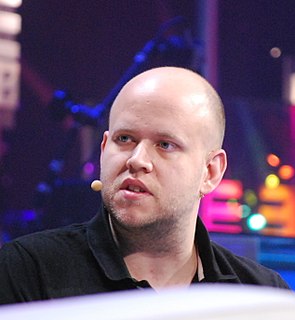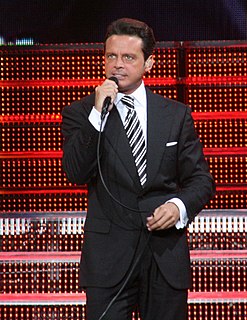A Quote by Charles Stross
People want to buy mp3s but can't? Piracy ensues. Then Apple strong-arms the music studios into the iTunes store and music piracy drops somewhat. The same, I believe, is also happening with ebooks.
Related Quotes
As a label I don't care about piracy. I want the music that we [my band] love to be heard by as many people as possible. The more people like the music we put out, the better the label and artists will do. If anyone genuinely likes what we do they will find us, buy our vinyl or come to see the artists play live.






































